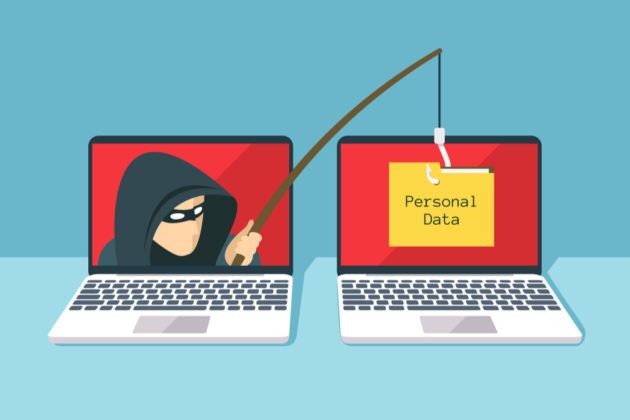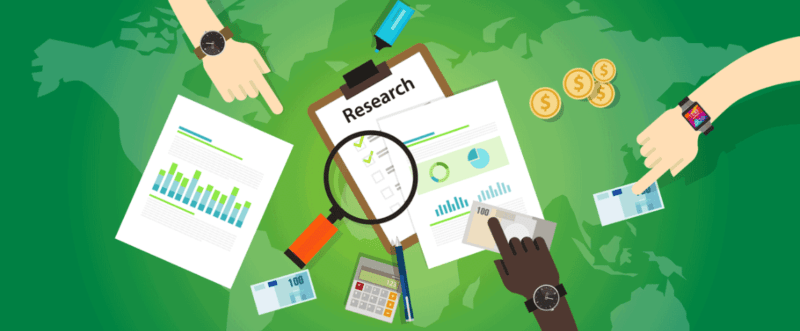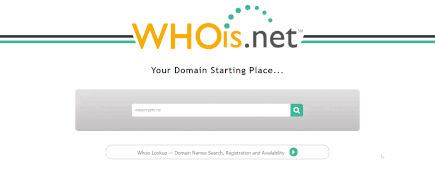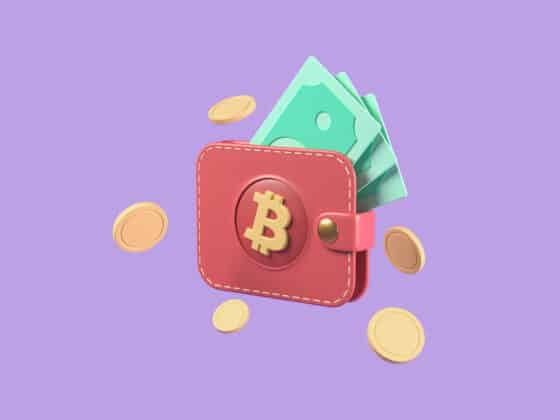How to tell if a Bitcoin website is a Scam?
Spotting Bitcoin Scams: A Guide to Identifying Fraudulent Websites


Bitcoin is an incredible innovation — an improvement in the way we transact value across the world, without having to trust a middleman.
However, like many other innovations, some people are only keen on setting scams and schemes to steal your money. Think about how the Internet (an amazing invention!) is also full of risky websites.
Bitcoin, too, has unfortunately been adopted by similar kinds of people.
How do I stay safe from scam Bitcoin websites?
To stay safe in this rapidly growing market, your best bet is to familiarise yourself with the most commonly observed Bitcoin scams to help protect yourself and your digital assets.
If you are ever dealing with a website to buy, sell, or invest cryptocurrencies, it is very important to make sure you are dealing with a legitimate site.
There are several ways that can help you tell if a Bitcoin website is legit. Follow the checklist below to make sure you are dealing with a genuine, reputable service.

Has anyone else used the service?
It’s always safest to deal with sites that other people trust and recommend, so look to see if anyone else has used their service by checking the following:
- Do they any reviews outside of their website? E.g Trust Pilot, Google Reviews, Facebook Reviews.
- Do they have active Facebook/Twitter accounts? Do people engage with their content?
- If you Google search ‘[company name] Scam’, do you find anything negative? if you don’t find anything at all, this is suspicious too.
Remember that reviews published on the company’s website can be easily fabricated, so make sure you find independent reviews. Trust Pilot and Google are the best places to check.
Are they a registered business and a registered financial services provider?
For New Zealand based companies:
- Can you find their business on the NZ business registry?: https://companies-register.companiesoffice.govt.nz/
- Does the NZ business register link back to the website that is claiming to be for that company? Remember that even if the business is listed on the NZ business registry, you could be looking at a fake site, pretending to be that business. Anyone can also register a business too, so this factor is not something you can solely base your research off.
- Are they a registered financial services provider in NZ?: https://fsp-register.companiesoffice.govt.nz/
Any business dealing with money or crypto in New Zealand must be on this list due to regulatory obligations.
For international companies:
- Find out where the company is registered by checking their T&Cs or website footer. If they are located outside of the US/UK/Australia proceed with caution – just imagine how difficult it might be for you to pursue a legal case against a company in Bulgaria.
- Find the financial service provider register for the country that the company is based in and do a search to see if they appear. For example if the website says they are based in the UK, you can search the UK Financial Services Register here. For Bulgaria, the Financial Supervision Commission has a list you can search here.
Is there an international warning about the business?
- Are they listed on the International Investor Protection Blacklist?: https://www.iosco.org/investor_protection/?subsection=investor_alerts_portal
You can easily search the name of their company in the top right-hand corner search bar. Remember though, just because they don’t list here doesn’t mean they are safe.
Do they have any celebrity endorsements?
- Have they been endorsed by celebrities or on the morning breakfast shows or something similar? If so, there is an extremely high chance they are a scam.
These “endorsements” aren’t real, someone has simply taken a photo (or video) of this celebrity or TV show host and doctored it to make it look like they are endorsing that product.
Who owns the website and is it based in the country that they claim to operate from?
You can use WhoIs.net to find out the location of the people who own the domain. You can find it here: https://www.whois.net
For example, if we search www.easycrypto.nz using Whois.net and dig a little deeper, we can see that the easycrypto.nz domain was registered in New Zealand, just a few weeks before we launched.

Do they have a trust mark or accreditation seal on their website?
If so, ignore it. Any website creator can easily publish any sort of approval stamp on their website, making them appear to be legit. These are, however, meaningless in your mission of identifying if a Bitcoin website is a scam.

Hey look the president of the United States of America just approved of EasyCrypto.com!
Just kidding, I put that there myself, just like how any scammer would be enticed to do if there were trying to trick people into thinking their Bitcoin website is legit.
If you run into any sketchy websites, feel free to let the search engine gurus know of your sweet find:
- Google – Safe Browsing
- Mozilla – Protect the Fox
If you think you are in a situation at all where you are being scammed, please use our multichoice quiz to find out more.
And if you’ve run through the list above and you’re still not sure, feel free to contact us here so we can take a look at it ourselves.
Stay Safe!
Share to
Stay curious and informed
Your info will be handled according to our Privacy Policy.
Make sure to follow our Facebook, Twitter, Instagram, and YouTube channel to stay up-to-date with Easy Crypto!
Also, don’t forget to subscribe to our monthly newsletter to have the latest crypto insights, news, and updates delivered to our inbox.
Disclaimer: Information is current as at the date of publication. This is general information only and is not intended to be advice. Crypto is volatile, carries risk and the value can go up and down. Past performance is not an indicator of future returns. Please do your own research.
Last updated May 27, 2024





